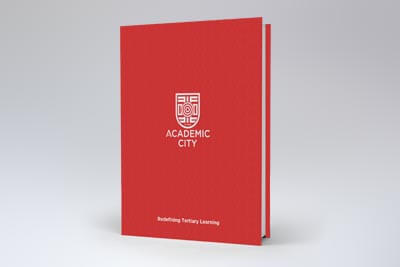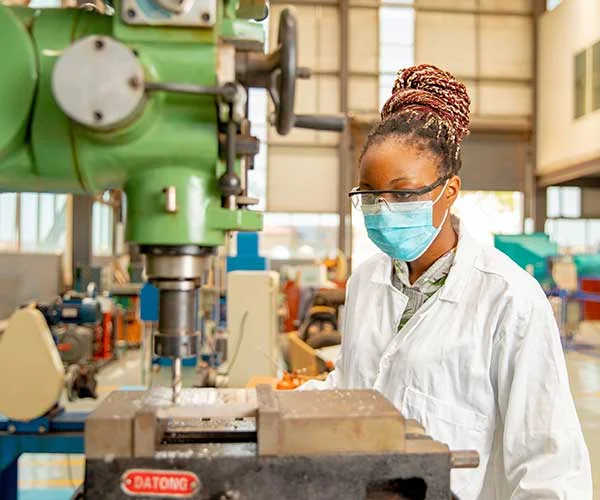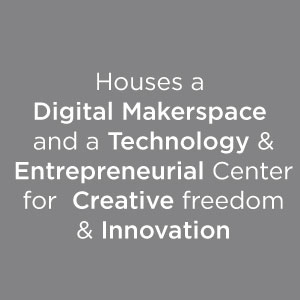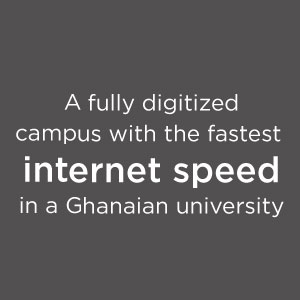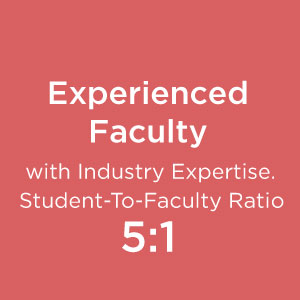

BSc Mechanical Engineering
Getting the Mechanics Right
You admire the designers of the plush cars that you come across when surfing the internet and yearn to join their trade? Mechanical Engineering is the field you should be considering to study in the university.
They are typically known as an integral part of teams involved with the development products and systems including automobiles, turbines, space shuttle vehicles, aircrafts, pumps, power plants, among others.
Their focus is often centered around the generation, distribution, and use of energy; the processing of materials; the control and automation of manufacturing systems; the design and development of machines; and the solutions to environmental problems.
BSc Mechanical Engineering at ACity
The creatively formed Bachelor of Science in Mechanical Engineering curriculum gives students a holistic overview of how mechanical systems work together to produce machines. They are an experiential learning trajectory, providing students with hands-on development of sample systems in real-life design-and-build projects.
Our goal is to produce ethical doers who can identify, conceptualise, formulate, design, develop, and produce modern systems drawing from a comprehensive tool-kit of multi-disciplinary engineering to solve problems.
January 2026 Intake Is Open

Apply Now
Start your journey towards higher education by submitting your online application today! Click the 'Apply Now' button below and fill out the required information. Apply now and take the first step towards realizing your academic goals.
Entry Requirements
Minimum C6 in 6 subjects including 3 core subjects (English, Mathematics, Integrated/General Science) and 3 elective subjects. (Physics, Elective Mathematics + Chemistry OR any other elective relevant to the chosen Program)
Minimum D or a pass in 6 subjects including 3 core subjects (English, Mathematics, Integrated/General Science) and 3 elective subjects. (Physics, Elective Mathematics + Chemistry OR any other elective relevant to the chosen Program)
Minimum of 5 credit passes in the IGCSE/O-Levels (Mathematics and English mandatory) and 3 passes in the A-Levels. (Elective/Add/Further Mathematics and Physics mandatory).
Minimum of 5 credit passes in the IGCSE/O-Levels (Mathematics and English mandatory) and a minimum score of 4 points in 3 Higher Level (HL) subjects. (Elective/Add/Further Mathematics and Physics mandatory)
Minimum of 50% overall average pass. (subject to approval NAB) Mathematics, English and Physics mandatory
Minimum GPA of 3.0 (Mathematics, English and Physics mandatory)

Want To Know
More Information
Get the course pdf or offline application form below
Course Outline
Communication Skills
French Language
Fundamentals of Innovation and Entrepreneurship (FIE) Seminar I
Introduction to Engineering
Introduction to Programming with Python
Physical Sciences
Pre-Calculus (with MATLAB)
Technology and Society
Analytic Geometry and Calculus I (with MATLAB)
Engineering Mechanics
Fundamentals of Innovation and Entrepreneurship (FIE) Seminar II
Introduction to Multidisciplinary Design
Logic and Critical Thinking
Programming in C
Sensors, Measurements and Instrumentation
Text and Meaning
Analytic Geometry and Calculus II (with MATLAB)
Computer-Aided Design and Manufacturing (CAD and CAM)
Electronics and Microprocessors
Engineering Thermodynamics
Fundamentals of Innovation and Entrepreneurship (FIE) I
Introduction to Material Science and Engineering
Leadership Seminar I
African Studies
Applied Linear Algebra (with MATLAB)
Fluid Mechanics
Fundamentals of Innovation and Entrepreneurship II
Manufacturing Processes I Mechanics of Machines I
Probability, Statistics and Reliability (with MATLAB)
Differential Equations (With MATLAB)
Leadership Seminar II
Machine Design
Manufacturing Processes II
Mechanics of Machines II
Mechanics of Materials
Numerical Methods (with MATLAB)
Systems Dynamics
Applied Hydraulics and Pneumatics
Automatic Control System
Gas Dynamics and Jet Propulsion
Industry Internship
Internal Combustion Engines and Steam Turbine
Mechatronics
Project Management, Engineering Economics and Risk Analysis
Industrial Automation and Robotics
Project Phase I
Quality Control and Reliability Engineering
Technical Elective – I
Technical Elective – II
Thermal Engineering
Environmental Science and Engineering
Maintenance Engineering
Professional Ethics and Values
Project Phase II
Technical Elective III
Technical Elective – IV
Electives
Advanced Control Systems
Computational Fluid Mechanics
Composite Materials and Structures
Mechanical Vibrations
Biofluid Mechanics
Biomechanics
Biomaterials
Rehabilitation Engineering
Design of Jigs, Fixtures and Tools
Unconventional Machining Process
Composite Materials and Structures
Computer Integrated Manufacturing
Heat and Mass Transfer
Refrigeration and Air Conditioning
Renewable Energy
Thermal Turbo Machines
Advanced CAD and CAM
Design of Machine Elements
Design of Jigs, Fixtures and Tools
Modelling and Analysis of Mechatronic Systems
Computational Fluid Dynamics
Refrigeration and Air Conditioning
Fluid Machinery
Heat and Mass Transfer
Advanced CAD and CAM
Design of Transmission Systems
Advanced Control Systems
Modelling and Analysis of Mechatronic Systems
Similar Programs
Africa needs more engineers to build its infrastructure, manufacturing and healthcare sectors, and alternative energy resources. Our engineering programmes are designed to prepare the next generation of engineering leaders to design and drive change.



